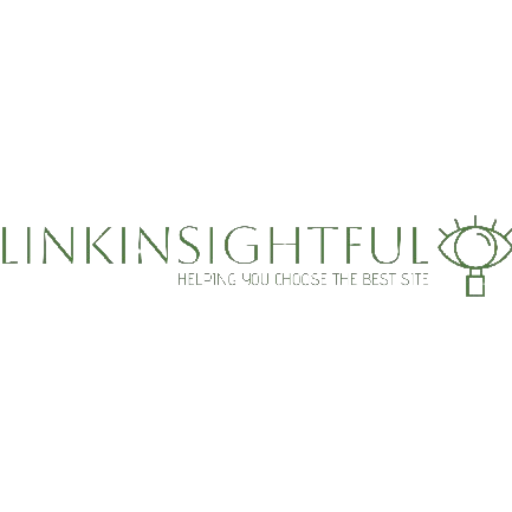Introduction
Digital marketing is a term that has become synonymous with modern advertising. So, what precisely is it? And why do so many individuals find it difficult? Let us break it down.
What is digital marketing?
Digital marketing refers to all marketing operations that include the Internet or electronic gadgets. Businesses use digital channels such as search engines, social media, email, and websites to engage with existing and potential consumers.
Evolution of Digital Marketing
Digital marketing has changed drastically over the years, from basic email newsletters to complex, multi-channel plans. The landscape is continuously shifting as technology advances and customer behavior evolves.
Understanding the basics

SEO: Search Engine Optimization.
SEO is the process of optimizing your website to appear higher in search engine results, making it easier for customers to find you online. It includes keyword research, on-page optimization, and link building.
Content is king. Creating valuable, relevant content helps to attract and maintain a certain audience. This includes blog entries, videos, infographics, and other content.
Social Media Marketing
Social media marketing entails developing and sharing content on platforms like as Facebook, Instagram, Twitter, and LinkedIn in order to meet your marketing objectives.
Email Marketing
Despite the rise of social media, email marketing is still one of the most efficient digital marketing methods. To promote your products or services, you send customized emails to your audience.
PPC is a type of online marketing in which advertisers pay a fee whenever one of their adverts is clicked. It’s a way to purchase visits to your website rather than trying to earn them organically.
Challenges of Digital Marketing

Keeping up with trends.
The internet landscape changes constantly. What works today may not work tomorrow. Staying abreast of trends is an ongoing challenge.
Algorithm Changes
Search engines and social media platforms often adjust their algorithms, affecting your strategy and results.
Competition
The online world is overcrowded. Standing out from millions of websites and social media profiles necessitates a well-planned strategy.
Audience Behavior
Understanding and forecasting audience behavior is difficult. People’s tastes and behaviors can shift quickly, influencing how they engage with your material.
Skills needed for digital marketing
Analytical Skills
Digital marketers must be able to evaluate data to determine what works and what doesn’t. This includes analyzing metrics from multiple tools and making data-driven decisions.
Creativity
From developing compelling content to designing eye-catching advertisements, digital marketing relies heavily on creativity.
Communication skills
Strong communication skills are required for everything from writing a great blog article to creating an engaging social media update.
Technical Skills
A skilled digital marketer should understand the technical aspects of Internet marketing, such as how to efficiently use various tools and platforms.
Tools and Technologies.

SEO Tools
Digital marketers can use tools like Google Analytics, SEMrush, and Ahrefs to assess their SEO performance and discover areas for improvement.
Social Media Management Tools
Marketers may use platforms like Hootsuite and Buffer to manage various social media accounts, plan updates, and track performance.
Analytics Tools
Analytics tools are critical for determining the efficacy of digital marketing campaigns. They are useful for tracking data such as traffic, engagement, and conversions.
Email Marketing Tools
Email campaigns can be created, sent, and tracked using tools such as Mailchimp and Constant Contact.
Learning Resources
Online Courses
Coursera, Udemy, and LinkedIn Learning provide a wealth of digital marketing courses.
Books and eBooks
Books such as “Digital Marketing for Dummies” and “Killing Marketing” offer in-depth information and perspectives.
Blogs and Websites
HubSpot, Moz, and Neil Patel’s blog are excellent sources of information.
Webinars and Workshops
Attending webinars and workshops can help you gain practical information and network with others.
The Role of Experience
Learning via Doing
Nothing beats firsthand experience. Applying what you’ve learned helps to reinforce your abilities.
Internships and Entry-Level Jobs
Starting with internships or entry-level work can give essential industry knowledge and experience.
Networking
Connecting with professionals in the sector can provide mentoring possibilities and lead to new chances.
Balancing Theory and Practice.
Importance of Practical Experience
While theoretical knowledge is vital, implementing what you learn in real-world circumstances is critical to understanding digital marketing.
Case Studies
Researching successful digital marketing efforts may yield significant insights about effective techniques.
Real-World Applications
Implementing your knowledge in real-world initiatives helps to close the gap between theory and practice.
Staying Updated
Subscribe to Industry News.
Keeping up with the newest news in digital marketing allows you to keep ahead of trends and changes.
Joining Professional Groups
Professional groups and communities can offer support, resources, and networking opportunities.
Continuous Learning
Digital marketing requires continuous learning. Regularly updating your skills and expertise is essential for staying current.
Is Digital Marketing Right For You?
Self-Assessment
Before delving into digital marketing, consider your abilities and interests to determine if it is a good fit for you.
Career Prospects
Digital marketing has a diverse range of job pathways, from content generation to data analysis, making it an intriguing sector with several opportunities.
Conclusion
Digital marketing isn’t inherently difficult, but it does present obstacles. It involves a combination of analytical thinking, creativity, and ongoing learning. Anyone may excel in this dynamic sector by learning the fundamentals, getting up to date on trends, and acquiring hands-on experience.





